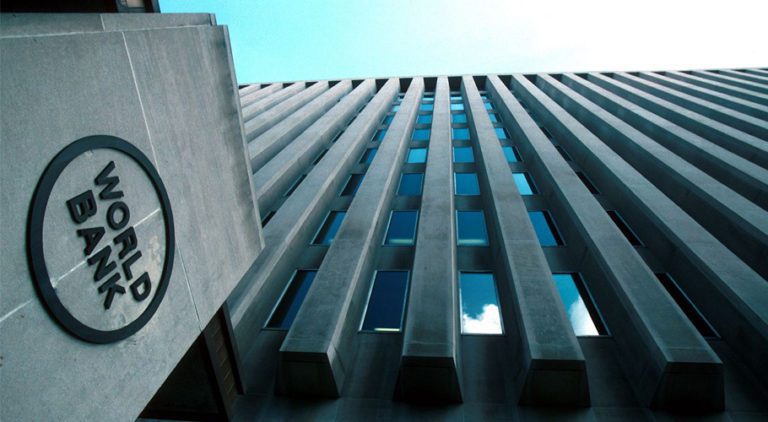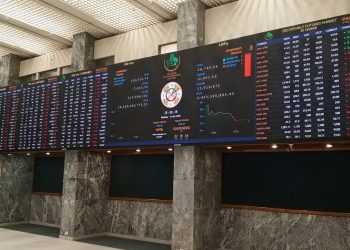WASHINGTON: The World Bank’s Board of Executive Directors approved $435 million in financing for three projects in Pakistan, i.e., the Pakistan Housing Finance project, the Punjab Urban Land Systems Enhancement project, and the Punjab Affordable Housing Program.
These projects will expand access to housing finance, particularly for low-income households, improve land tenure rights and facilitate affordable housing developments in urban Punjab.
“Affordable and accessible housing is in high demand in Pakistan, which is home to over 200 million people and is the most urbanized country in South Asia,” said Najy Benhassine, World Bank Country Director for Pakistan. “These projects will contribute to addressing housing needs, particularly for low-income households, by leveraging the private sector and by facilitating access to mortgage options for those who currently cannot access financing to buy a home. They will also strengthen property rights and increase the supply of climate-resilient, affordable housing developments,” he added.
The $85 million additional financing for the Pakistan Housing Finance project will help expand access to affordable mortgages to increase homeownership among low-income households, including women and informal workers. The additional financing will scale up the credit risk-sharing facility launched in 2018, to provide partial credit guarantees to banks, in order to incentivize them to lend to borrowers traditionally excluded from commercial financing. This will benefit up to 70,000 first-time homebuyers in the country, who qualify for the Government’s interest rate subsidy program – Mera Pakistan, Mera Ghar (My Pakistan, My Home).
Read more: Weekly inflation rises by 0.52pc in Pakistan
The $150 million Punjab Urban Land Systems Enhancement project will strengthen land administration and facilitate housing authorities’ efforts to identify suitable areas and public lands for affordable housing developments in the Punjab province. The project will support the provincial government in upgrading its land registry by creating a digital, province-wide inventory of lands and deeds.
This will help secure land tenure and streamline procedures for land-related permits – which are essential for private sector investment, housing finance, and tax revenue collection. The project will also generate geospatial data and risk information to inform urban planning and disaster risk management strategies for natural hazards such as floods. More than 38 million people are expected to benefit from land registration, which will not only improve tenure security but also formalize land and property ownership.



































